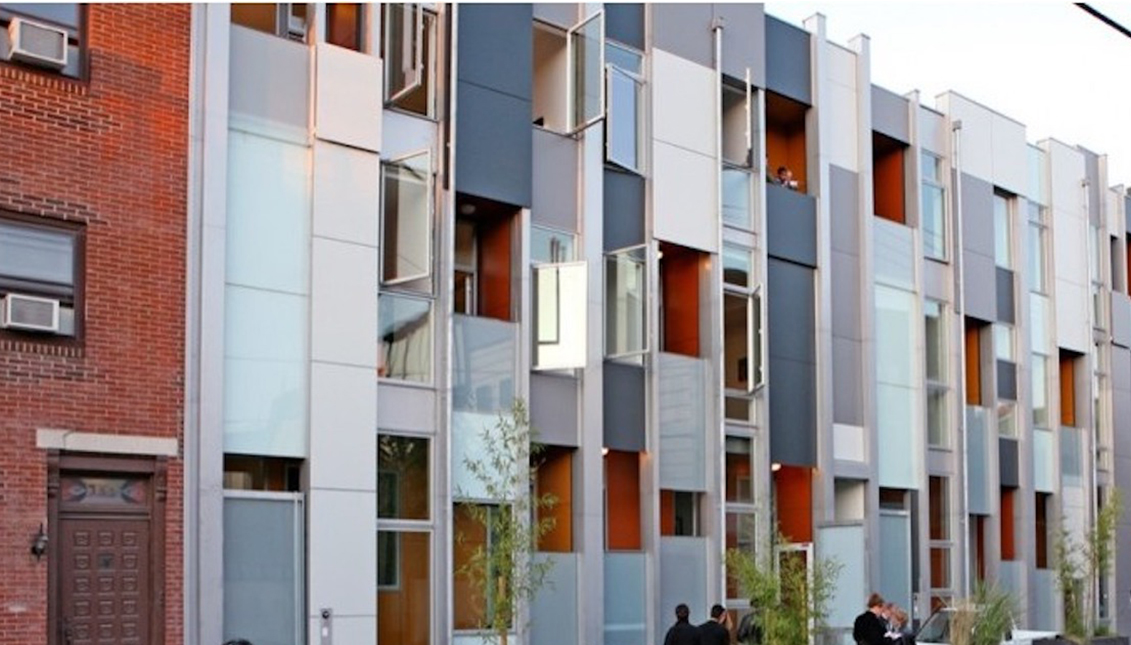
Philly City Council passes changes to tax abatement, new construction tax to address poverty
Both measures, if signed by the Mayor, will be used to pay debt measures for $400 million in bonds to go towards anti-poverty measures.
The last meeting of Philadelphia City Council for the year had many moments big and small for both the immediate and long-term plans of the city.
None were arguably bigger than the new change passed for the city’s longtime tax abatement on real estate and a new 1% construction tax.
The former, which pertains only to commercial properties and is a 10% decrease in value of the city’s 10-year tax abatement, passed unanimously. The new construction tax passed by a vote of 14 to 3.
Both passages came a week and two days after the bills advanced from the Committee of the Whole in a late-night meeting on Dec. 1.
“The COVID-19 pandemic magnified economic and racial disparities that have existed for far too long in Philadelphia,” said Council President Darrell L. Clarke, who introduced the 1% construction tax bill. “There is literally no time to wait. These needs are urgent. We need to act now to create a more equitable future for every Philadelphian and all our neighborhoods.”
The 1% construction tax, which would go into effect on Jan. 1, 2022, is expected to generate an estimated $9 million to $11 million per year. Revenue from the 10% decrease on commercial properties is expected to be $83 million over the next 10 years.
Clarke hopes that funding can be used to pay the debt measures of $400 million in bonds that the city can then use to support several anti-poverty and affordable housing measures.
He calls it the Neighborhood Preservation Initiative, and it aims to put money towards more affordable housing, home repairs for current residents, its Philly First Home program for first-time home buyers, and revitalizing commercial corridors, among other plans.
They’re all part of his bigger “moonshot” plan of reducing the city’s poverty rate below 20% by 2024.
The coronavirus pandemic has halted some measures of the plan, but also forced City Council to speed up other portions.
Councilmember Cherelle Parker, who also supported both bills that passed on Dec. 10, warned the city of consequences that lied ahead should nothing have been done, especially amid federal inaction.
RELATED CONTENT
“We can’t sit idly by and wait for someone to come to our rescue,” she said. “We must be proactive.”
However, not all of the legislative body’s members stood for all the new measures, particularly the new 1% construction tax.
For Councilmember Allan Domb, the idea of adding an additional tax for already-struggling residents and businesses didn’t seem like the right move.
“We cannot tax our way out of a pandemic. Philadelphia is not in a financial position to gamble with jobs during the worst economic and health crisis of our time,” he said in a press release following his vote against the measure.
Instead, Domb said it was important to prioritize the economic competitiveness of the city coming out of the pandemic.
“We should not tolerate a reputation of being among the worst U.S. cities to do business due to high taxes and burdensome regulations,” he said.

This article is part of Broke in Philly, a collaborative reporting project among more than 20 news organizations focused on economic mobility in Philadelphia. Read all of our reporting as brokeinphilly.org.











LEAVE A COMMENT: